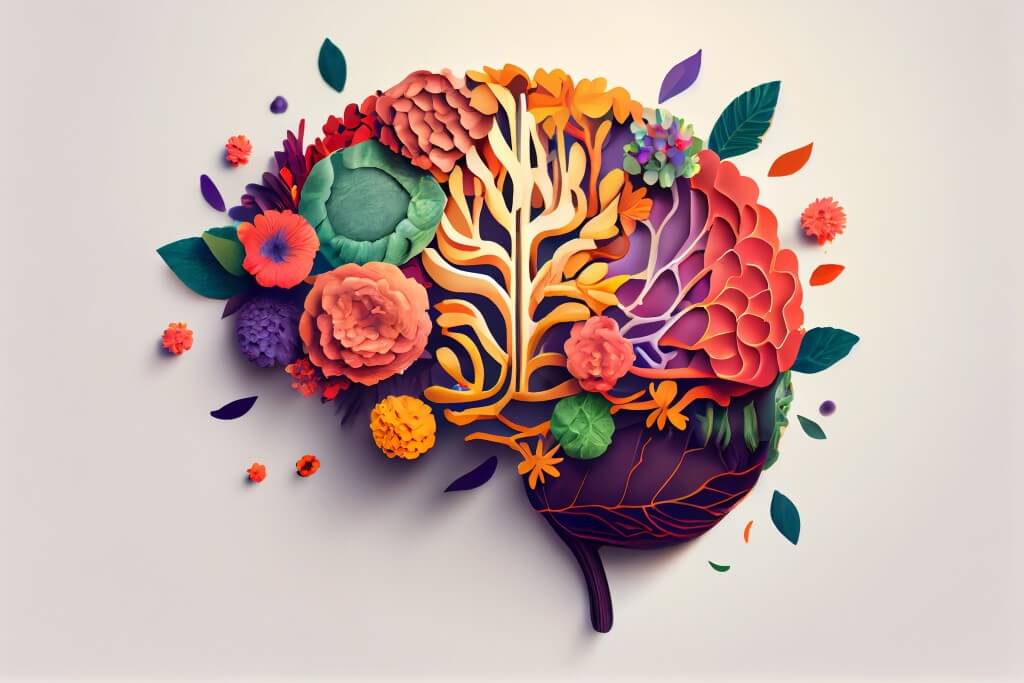Stanton Peele, Ph.D., a renowned psychologist, has extensively explored the role of caution in addiction recovery. His approach is particularly relevant when considering how alertness can help you manage cravings and urges.
Cravings can feel like a tidal wave threatening to sweep you away. But awareness, like a sturdy anchor, can help you stay grounded. It involves bringing your full attention to the present moment, acknowledging your thoughts, emotions, and sensations without judgement.
By practising conscious awarness, you start to recognize your cravings for what they truly are: temporary and manageable. You learn to see them as passing waves rather than an insurmountable wall. This self-awareness can empower you to observe your cravings without giving into them.
This concept aligns well with the 12-step philosophy, particularly with Step 10, which involves continued personal inventory and promptly admitting when you’re wrong. By practising this, you are essentially taking a continuous inventory of your thoughts and emotions, admitting and accepting the presence of cravings instead of denying them.
Evidence-based therapies such as Mindfulness-Based Cognitive Therapy (MBCT) or Mindfulness-Based Relapse Prevention (MBRP) have shown significant success in managing cravings. These therapies combine cognizant techniques with cognitive-behavioral approaches, enabling you to understand your triggers, respond to them more healthily, and ultimately, reduce the risk of relapse.

Bringing this into the South African context, where the burden of substance addiction is significant, mindfulness can serve as a powerful tool in the journey of recovery. South African addiction treatment programs can incorporate cognizant training as part of their recovery process, helping individuals like you gain control over cravings and make more conscious, healthier choices.
Now, let’s address some frequently asked questions:
- How does awareness help manage cravings? Being Cognizant helps you observe your cravings without judgement, recognizing them as temporary sensations rather than irresistible urges. This awareness gives you the power to respond to cravings more effectively.
- What is the link between awareness and the 12-step philosophy? Mindfulness aligns with the 12-step philosophy, particularly Step 10, which encourages continuous self-inventory. Mindfulness, in essence, is about becoming aware of one’s thoughts, feelings, and sensations, including cravings.
- How does Mindfulness-Based Cognitive Therapy (MBCT) work? MBCT combines mindfulness techniques with cognitive-behavioral therapy. It helps you understand your triggers, manage stress, and respond to cravings in healthier ways, reducing the risk of relapse.
- Is “becoming aware” effective in managing cravings for all types of substances? While everyone’s journey with addiction is unique, research has shown mindfulness to be effective in managing cravings related to various substances, including alcohol, nicotine, and illicit drugs.
- How can South Africans access the right training for addiction recovery? Many South African addiction treatment centres incorporate mindfulness into their programs. You can also find mindfulness resources online or through local mindfulness training workshops.
In understanding the role of mindfulness in managing cravings and urges, it’s essential to delve into related subtopics, including understanding cravings, techniques, and the integration of awareness in evidence-based therapies.
Understand What Cravings Are
Cravings are a normal part of addiction recovery. They can be intense and overwhelming, often described as a powerful urge to use the substance you’re trying to abstain from. By recognizing these cravings as a part of your recovery journey, rather than a sign of failure, you equip yourself to better manage them.
Next, we explore the various techniques that you can use to navigate cravings. One such technique is the RAIN technique – Recognize, Allow, Investigate, and Non-Identification. When a craving arises, you first Recognize it for what it is. Then, you Allow the craving to be there, without trying to push it away. Next, you Investigate the craving, noticing its intensity, location, and any thoughts or emotions associated with it. Finally, you practice Non-Identification, reminding yourself that you are not your cravings.
Finally, we look at how “awareness” is incorporated into evidence-based therapies. Mindfulness-Based Cognitive Therapy (MBCT) and Mindfulness-Based Relapse Prevention (MBRP) are two such therapies. They combine cognitive-behavioral therapy principles with mindfulness practices, helping you to understand your triggers, develop healthier responses, and reduce the risk of relapse.
These subtopics offer a more comprehensive understanding in managing cravings and urges. It is a journey, and each step you take towards mindfulness brings you closer to a healthier, addiction-free life.
Remember, mindfulness isn’t just a technique for managing cravings; it’s a way of life that promotes self-awareness, acceptance, and ultimately, healing. Embrace the present moment, and let it guide you on your journey to recovery.

